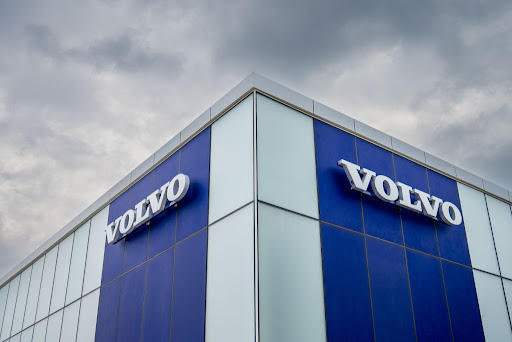In a move that sent shockwaves through the automotive industry, Sweden-based Volvo Cars announced plans to cut 3,000 jobs, predominantly affecting white-collar positions. This restructuring initiative, unveiled last month, comes as Volvo grapples with soaring costs, a dip in electric vehicle demand, and the looming specter of trade tariffs.
Majority-owned by China’s Geely Holding, Volvo Cars revealed a bold strategy to slash costs by a staggering 18 billion Swedish crowns, emphasizing the need to tighten its belt and reevaluate its investment priorities. The company’s first-quarter report painted a stark picture, with 43,500 full-time employees and an additional 3,000 temporary staff feeling the tremors of impending change.
The ramifications of these job cuts will reverberate most profoundly in Sweden, where office-based roles will bear the brunt of the workforce reduction, accounting for roughly 15% of Volvo’s global office-based personnel. CEO Hakan Samuelsson underscored the necessity of adapting to an industry in flux, acknowledging the challenging landscape that necessitates enhanced cash flow and streamlined operational costs.
As Volvo Cars grapples with internal adjustments, external factors like trade tariffs add an additional layer of complexity to the equation. The recent rhetoric surrounding potential tariffs on EU imports by US President Donald Trump has injected further uncertainty into an already volatile market. The see-saw of tariff threats and negotiations has left industry players like Volvo Cars on edge, with Samuelsson cautioning that such levies could translate into increased costs for consumers, potentially impacting the accessibility of popular models like the EX30 electric vehicle in the US market.
The broader implications of Volvo’s restructuring extend beyond the immediate job losses, serving as a microcosm of the broader challenges facing the automotive sector. In a landscape characterized by shifting consumer preferences, regulatory hurdles, and geopolitical tensions, companies like Volvo must navigate treacherous waters to remain competitive and sustainable in the long term.
As Volvo embarks on this transformative journey, the industry at large stands at a crossroads, grappling with existential questions about the future of mobility and the imperative to adapt to an ever-evolving landscape. The tale of Volvo’s restructuring serves as a poignant reminder of the fragility of even the most established institutions in the face of relentless change, urging stakeholders to embrace innovation, agility, and resilience in the pursuit of a brighter, more sustainable future for the automotive industry.









Leave feedback about this